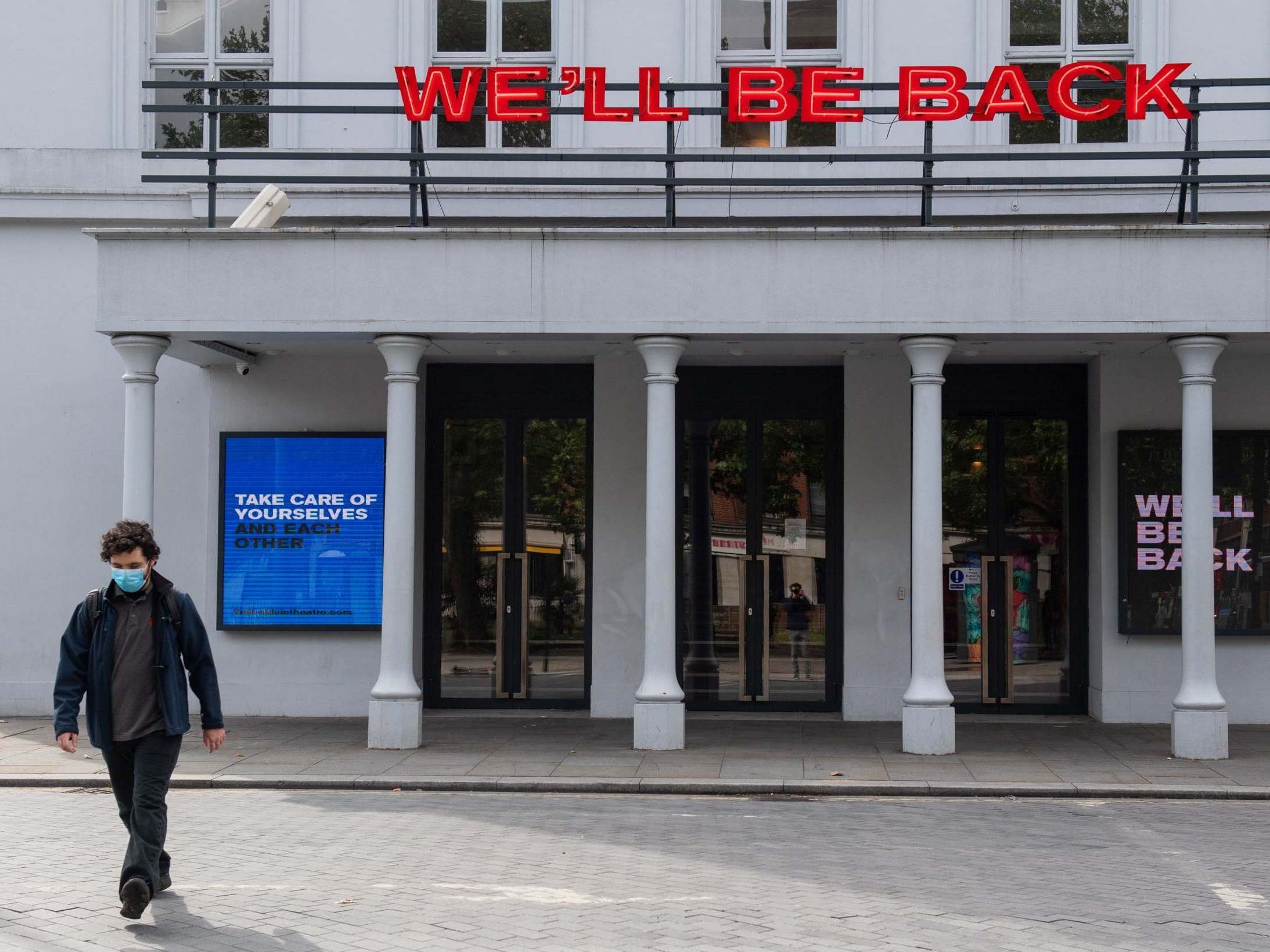How important are the performing arts for the UK economy?
Spokespeople for the sector claim that it is ‘vital to the UK’s economic prosperity’. But is that true? How strong is the case for special state financial help for the performing arts? Ben Chu looks at the evidence


Theatres and concert halls are in serious financial trouble. Unlike pubs and restaurants, these venues have not been given the green light by the government to reopen for live performances on 4 July due to health concerns – and there’s no indication of when they might.
Dame Judi Dench, one of Britain’s greatest stage icons, has said she fears that theatres might not reopen in her lifetime.
There is growing pressure for a bespoke financial bailout for the performing arts sector amid fears of widespread theatre closures and job losses.
The prime minister’s spokesperson has confirmed that this is under consideration. Those pressing for support claim that the sector is “vital to the UK’s economic prosperity”.
But is that true? And how strong is the case for special state financial help for the performing arts?
How many people are employed in the performing arts?
A letter from performing arts bosses to The Times this week seemed to suggest that 300,000 people are employed in UK theatre alone.
This is likely to be an exaggeration.
The Office for National Statistics (ONS) puts the total number of jobs in “creative arts and entertainment activities” as a whole (a sector that encompasses more than theatres) at 104,000 in 2008.
If one looked at just performing arts jobs and included people involved in the operation of arts facilities and various support activities, one could get to a figure of around 80,000.
How much economic value does it create?
A report by the Centre for Economic and Business Research consultancy (CEBR) for Arts Council England in 2019 used the headline figure of £8.6bn in gross value added for the arts and culture industry as a whole.
That’s in line with estimates from the Office for National Statistics.
That means the broader sector accounts for about 0.5 per cent of the UK economy. This has been roughly the level of contribution for the past thirty years.
On top of this there were around £1.5bn of government subsidy and £600m of philanthropic donations in 2016, according to CEBR.
But the CEBR emphasises the spillover economic impact of the sector. It argues that for every £1 of arts and culture output, the economy-wide impact including direct, indirect and induced impacts is £2.24.
This captures the effects of things like performing arts employees spending their wages elsewhere in the economy and suppliers to the arts sector doing the same.
There is a tendency for analysts to exaggerate these spillover impacts, especially when they are preparing documents for organisations that want to use the numbers to press ministers for continued or additional subsidy, yet it is plausible that, when it comes to the performing arts, the wider spillovers are considerable.
Survey evidence suggests that many tourists sample UK theatre. Restaurants and hotels benefit from London being a performing arts hub.
It’s also plausible that some international corporations set up their European headquarters in the UK, bringing inward investment, because their employees value Britain’s cultural vibrancy.
In terms of the scale of the hit to the sector from lockdown, the ONS reports that the output of “arts, entertainment and recreation” was down 40 per cent in April relative to March.
Yet, of course, with theatres shut, the drop in output is probably closer to 100 per cent.
What about its contribution to Britain’s “soft power”?
Soft power is defined as the ability of a country to exercise influence on other countries not through economic or military power, but through the power of its cultural charisma.
It’s certainly plausible – if not likely – that the UK performing arts sector augments the UK’s soft power, but it’s not easy and perhaps impossible to quantify.
Is money the right way of measuring the contribution of the performing arts in any case?
It’s true that pure financial return is an overly crude way of measuring the value of the performing arts.
The social return matters immensely too.
And it’s not just big-money West End musicals that provide a social return, but regional arts groups and local theatres which help make communities more liveable, attractive and civilised.
“We look forward to the time when the theatre and the concert hall will be a living element in everyone’s upbringing,” wrote the economist John Maynard Keynes, one of the founders of the post-war Arts Council.
As ministers consider the case for a financial bailout – and also how to structure it – they would be well advised to consider the wider social impact of the performing arts and not just the money and the jobs.
Join our commenting forum
Join thought-provoking conversations, follow other Independent readers and see their replies
Comments
Bookmark popover
Removed from bookmarks